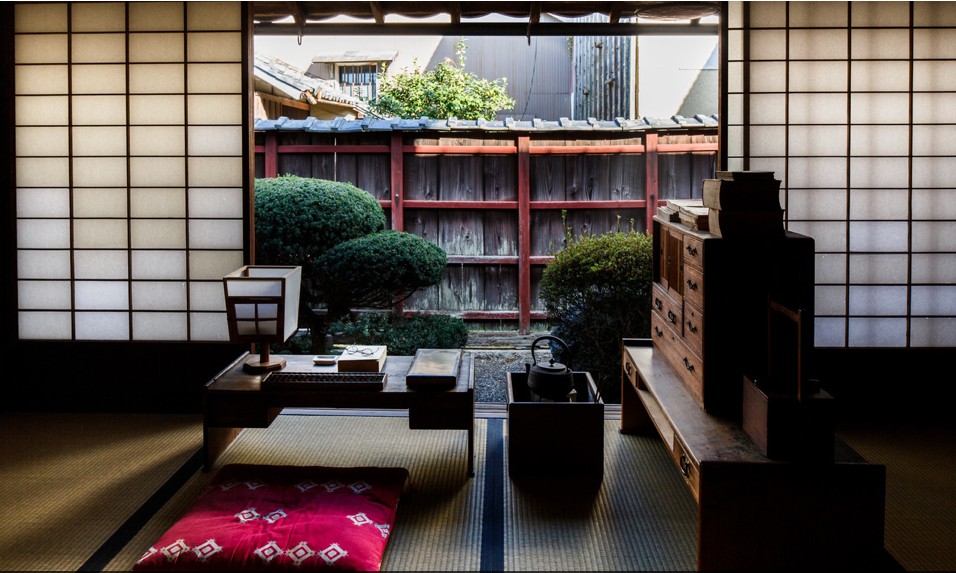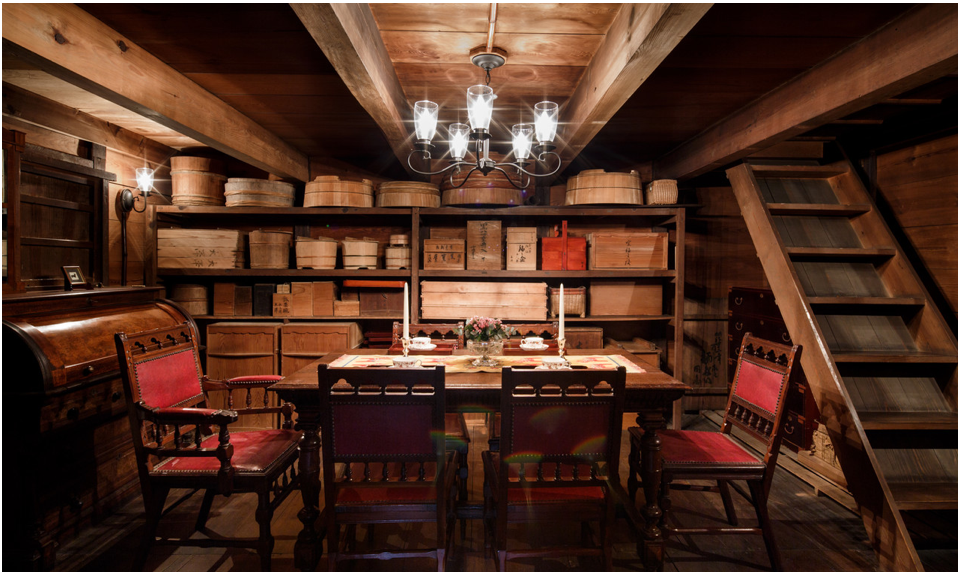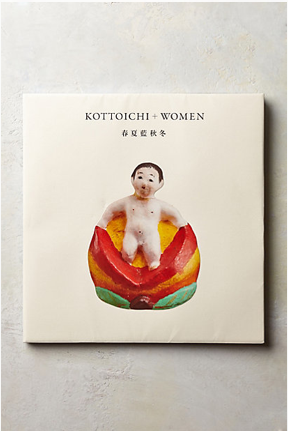“Mr. Moore came from the outside and saw the beauty of Hino and its old homes that the locals had grown blind to. He showed us how to breathe life back into old houses and make them shine again.”
-Ryojun Manda, local history museum director
One of the conversations I have often had with both Japanese and Western friends is the way in which a mix of the cultures so often yields a result better than the original. Whether it be the ongoing collaboration amongst women organizing the CWAJ Print Show or the efforts of Amy Katoh and others to validate and thus perpetuate local artisanal crafts, there is something about outside interest that has helped the Japanese see the magic of their traditional arts and culture themselves. Collaborations between the two create a magic of their own.
Quite a few new and old Japan collaborations have been crossing my radar lately, including this restored 150 year old house in Hino, Japan via The Wall Street Journal. An American, Austin Moore, and his Japanese wife Sachiko have spent the last 12 years breathing new life into a rambling old dwelling about an hour outside of Kyoto.
While some of the spaces have been restored to pure Japanese perfection…
…it is the ones that are an amalgam of East and West that I find particularly interesting. Attached to the house are a few kura or storehouses, traditionally used to store valuables at risk from fire and earthquakes. Key rooms, such as this dining room, are housed in the kura and the weighty-ness of them makes them feel akin to log houses. The mix of Western furniture and Japanese detail creates a warm hodge-podge that feels infinitely more livable than the bare bones furniture that would normally be found there.
The bedroom has a spindle bed from Moore’s childhood home in Massachusetts.
The thick earthen walls and sturdy doors of the kura are so ancient in design yet modern.
Also in my box this week was news from Anthropologie on their new collaboration with the Japanese cult denim brand Kapital. “Inspired by vintage American wear, each piece is reinterpreted through a distinctly Japanese lens with an emphasis on quality, character and a passion for monozukuri, the Japanese concept of craftsmanship.”
The clothes got me to thinking about some of the authentic characters I would see around shrine sales in Japan. When I could, I would surreptitiously snap their photos. I’ve seen this lady in her coat made from a vintage piece of tsutsugaki a few times…
…and I am always on the watch for someone in baggy Japanese work pants. Somehow I’ve been sure they would be a coming fashion craze, and a scroll through the Anthropologie Kapital collection reinforces that idea. Remember those kasuri work pants? I probably should have bought them.
Kapital is of course exploring modern boro, the Japanese literal meaning being tattered rags, based on these oft-patched and stitched traditional textiles. These jeans are actually from one of their shops in Tokyo, featured on the Anthro blog.
Of great interest to me are the limited edition books accompanying the collaboration, including Kottoichi Sunrise Market and Kottoichi Women, which are a behind-the-scenes peek into the brand’s journey across Japan documenting the “kottoichi,” antique markets set in the midst of beautiful Shinto shrines and Buddhist temples. Talk about the story of my life these past nine years. I feel homesick just looking at the covers.
Related Posts:
What Do Giorgio Armani and Alex Kerr Have in Common?
Feeling Fresh…Indigo Textiles and Tenugui










